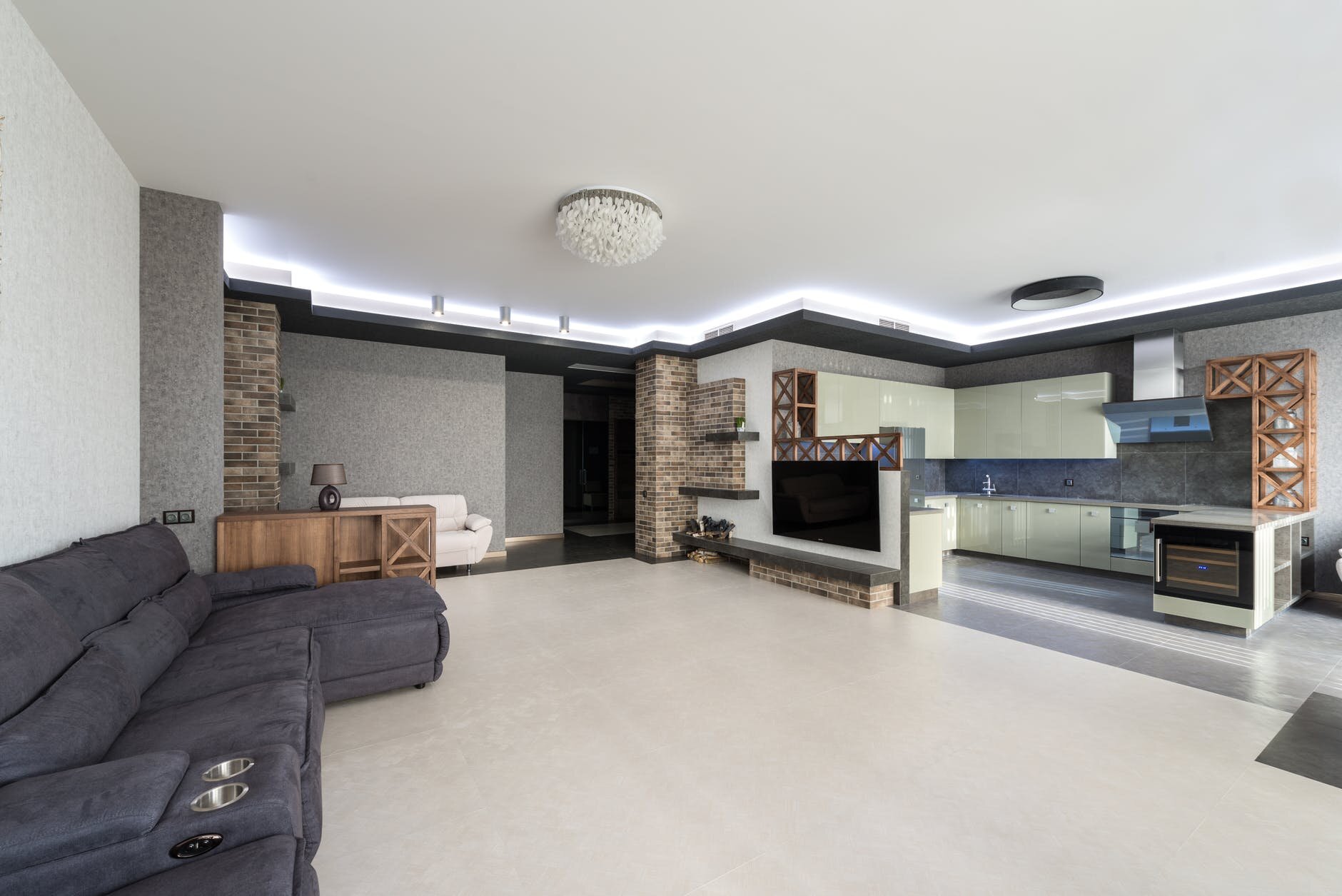Things That Affect Pricing in the Real Estate Business
Pricing is the most crucial decision that a real estate agent has to make. However, it can be challenging to come up with a price without knowing what other agents are charging, and there is no way of telling if you have priced your property correctly until it sells. Here are some of the factors that affect pricing in this business to know how to set a fair price for your following listing.
Current Market Trends
Several factors can affect the pricing of a home, and one of the biggest is the current market trends that calls for exploring all the options on the table. For example, suppose it's a time when people are moving due to school or work. In that case, there will be many homes on the market, making buyers more aggressive in negotiations and sometimes even causing bidding wars for desirable properties.
If you're selling your home now, you may want to hold out until fall because that tends to be a slower season for moves, so prices tend to stay high while demand falls short. Things like inventory levels and buyer activity influence pricing and items such as interest rates and fees from previous months.
To understand what factors might affect buying power coming into summertime, read how much appreciation we saw last April. It was one of our highest months on record and hugely impacted how much buyers can afford to pay for homes. If you're buying, be sure to get pre-approved with a local lender so that your offer will be taken more seriously by sellers who may also be more willing to negotiate.
Last but not least, keep in mind that pricing a home is only part of the equation since it's essential for buyers to feel like they're getting a good deal as well. If your property sits on the market too long without any offers, other factors may play, such as curb appeal or location, so make sure those are checked off first before adjusting the asking price.
Location and Area
Real estate is a highly location-dependent business. For example, in some areas of the country or world, it may be possible to have a lovely house with no garage and one bathroom for $50k, whereas, in other areas, the same size home would need at least an extra bedroom well as more bathrooms. The price will also vary depending on what amenities are available within proximity, such as shopping centers, hospitals, universities, or schools. Particularly desirable areas tend to command higher prices than those which aren't so much.
Another factor affecting pricing in the real estate business is the area or neighborhood where the house lies. The more excellent the setting, the higher the prices for the homes for sale when selling homes, even if they aren't necessarily on water views. There is often an inverse correlation between square footage & price per square foot, so generally speaking, more significant properties tend to sell at lower costs per square foot, but this isn't always true. The best location for a property is one that has the best of everything.
Features and Accessories
Features and accessories are usually an essential part of the price. As a result, you should know that they do affect your cost in the real estate business. First is appliances that come with a home sale or rental, like carpets, blinds, and furniture. They all have depreciation value; hence it adds to the initial cost of buying or renting property. For example, the oven is listed at $300. However, its market value will depreciate over time until another person buys it, which means if you sell a house that has an oven included, then the buyer might lower his offer because they know how old this appliance is already.
Style and Size
The real estate business is all about aesthetics therefore look beyond paint. If you are interested in selling your home, you will have to choose a style that appeals most to buyers. If there is no buyer for luxury homes in your area, selling them at a high price will not yield results because people who can afford them would rather live somewhere else.
Home size also affects pricing. Smaller houses always sell faster and cost less than bigger homes even if they have similar features or amenities set up inside them. More space means lower expenses when maintaining the house over time, which impacts how much buyers are willing to spend on premium real estate properties with a higher price tag attached to them. In addition, bigger spaces are more complex to maintain than smaller ones, so buyers opt for something cheaper but equally appealing instead of going for the most expensive thing in the market.
The Economy
The country's wealth will affect housing prices, too. If there is lots of money in an area, people can afford to buy pretty expensive homes for someone who does not have a lot of cash on hand. But, on the other hand, if there aren't many rich people around, no one wants to pay high prices and high interest rates when they cannot sell their property fast enough.
Inflation can affect real estate prices as well. If the cost of living increases every year, people will have to spend more money on everything they need and want, including their homes. When it costs a lot for everyone to live in an area, no one wants to live there because they cannot afford anything, so property values start going down eventually. On the other hand, if housing prices are dropping too fast, homeowners might not be able to sell their properties at all or even lose them through foreclosure. This could lower demand which would increase inventory levels but decrease home values overall. The economy affects how much buyers can pay for houses, while inflation influences what sellers get paid when selling theirs.
Conclusion
In the real estate business, there are a lot of factors that affect pricing. Some things can't be helped, and others have to do with how you set up your system from the beginning. Understanding what affects prices is an essential part of selling or buying property at a fair price.







